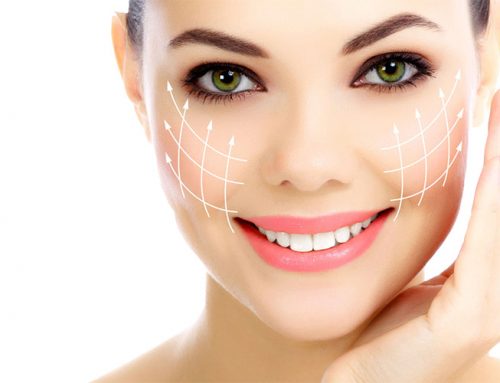Cosmetic surgery practitioners are breaching lockdown rules in order to visit their clients’ homes to give them dermal fillers and botox injections, it has been revealed.
Reports of “non-essential” procedures being performed privately have surged since the government lockdown was introduced three weeks ago.
Save Face, a government approved register of accredited cosmetic practitioners, has received more than 65 complaints over private treatments advertised on social media since March.
The most common requests are for dermal fillers – small injections of a gel like substance used to add volume to soft tissue- for lips and cheeks, as well as botox to reduce the appearance of wrinkles.
These procedures are mainly being booked in the north-West of England by young people, according to Save Face.
While hundreds of companies across the UK offer dermal fillers, there are currently no rules about who can carry out the injections or what training they should have.
The Confederation of British Surgery, which represents surgeons and anaesthetists in the UK, have urged plastic surgeons to stop private cosmetic work and instead help with much-needed NHS procedures.
Experts have warned that unqualified beauticians would be unable to cope if a complication, such as an infection, arose from unsupervised home procedure.
Ashton Collins, the Director of Save Face, told The Telegraph: “Some practitioners are doctors and nurses, while others are beauticians or lay people who call themselves qualified as anyone can perform these procedures whether they are trained or not. Some of them have only gone on a one day course while many are self-taught.”
“There are a whole host of complications which range from blindness to severe anaphylaxis from dermal fillers. If you did not know how to manage that it could lead to death in the worst cases. These are the risks that people are unwittingly opening themselves up to.”
“If people see a doctor advertising for home procedures, people place trust in them as they think they have been through all those years of training. Some young people do not comprehend the risk,” she added.
Concerns have also been raised about practitioners who visit multiple homes in a day without personal protection equipment contracting and then spreading coronavirus onto others.
Plastic surgeons are at increased risk of infection as they perform so closely to the faces of their patients.
Dr Kremer, a specialist plastic surgeon from Harley Street Aesthetics, said: “If there is an acute problem, where do you go with a patient? You would have to go to the NHS but they have more important things to deal with. It is just an irresponsible thing for the patients to do.”
“It is weird that you have to explain why it is not a good idea. It is clear that the demand is still there. All the responsible clinics have shut down so even if a surgeon wanted to carry out a procedure, they could not.”




Leave A Comment